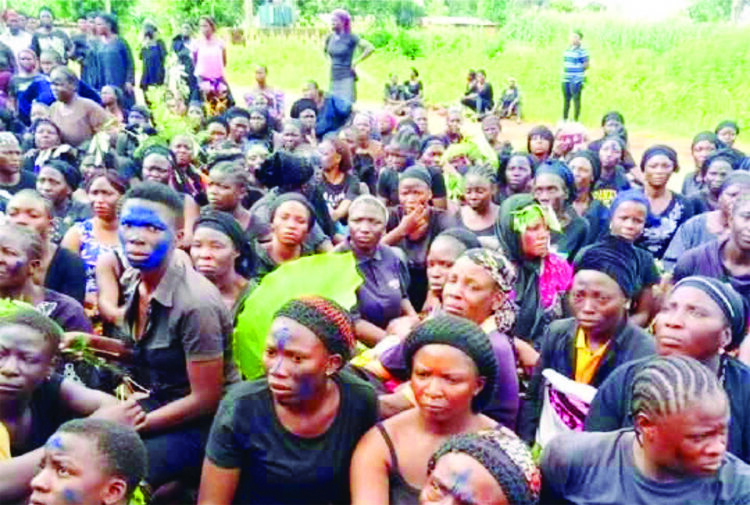Plateau Crisis: Military Blames Residents for Renewed Killings as Insecurity Escalates

The Defence Headquarters (DHQ) has attributed the recent surge in violence in Mangu local government of Plateau State to residents, describing it as a self-inflicted crisis. The military explained that the violence was triggered by incidents of cattle rustling and the killing of a Wangagu man, leading to reprisals and the escalation of the conflict.
Major General Edward Buba, the Director of Defence Media Operations, provided this information during a biweekly update on military operations. He disclosed that troops had neutralized 94 individuals, arrested 171 terrorists, and rescued 29 hostages in ongoing operations. Buba emphasized that the military was committed to restoring peace across the affected areas and the entire country.
The DHQ denied allegations of bias against troops on the Plateau and cautioned against making malicious statements. This response came after a video surfaced, featuring the chairman of the Christian Association of Nigeria (CAN) in Mangu Chapter, Rev. Timothy Daluk, accusing the military of supporting the perpetrators of the killings.
Meanwhile, Plateau State Police Command paraded 17 suspects in connection with the violence in Mangu and Bokkos local government areas. The police warned religious leaders against escalating the situation and urged compliance with the government-imposed curfew. Additionally, former Vice President Atiku Abubakar expressed concern over the recurring violence in Plateau State, calling on security agencies to exhibit greater proactiveness.
In a related development, visiting United States Secretary of State, Antony Blinken, acknowledged the severe security challenges in Nigeria during an interview with Channels Television. He emphasized the need for a coordinated approach, including building the capacity of Nigerian security forces, to address terrorism and regional instability.
The Plateau crisis underscores the complex security situation in Nigeria, raising concerns about the effectiveness of current measures and the urgent need for collaborative efforts to ensure the safety and well-being of citizens.
